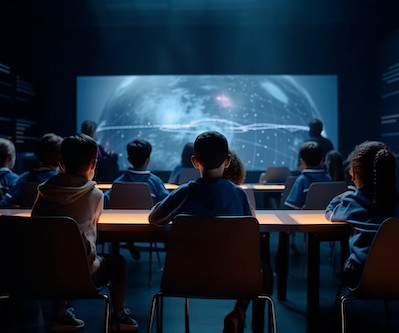Examples of Technologies that Improve Student Learning
eSchool News
JANUARY 3, 2024
Educational apps and interactive software create dynamic lessons, accommodating various learning preferences and enhancing comprehension. Adaptive learning platforms use algorithms to tailor instruction to individual students, addressing their specific needs and promoting a personalized learning experience.















Let's personalize your content